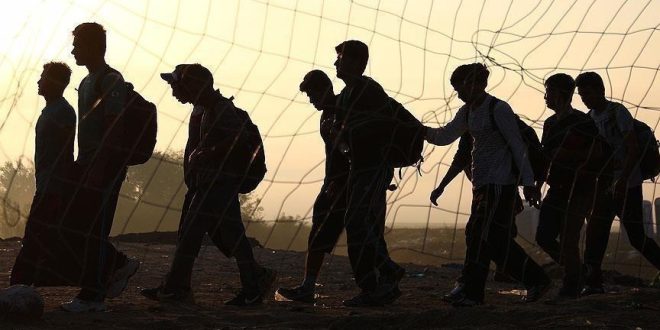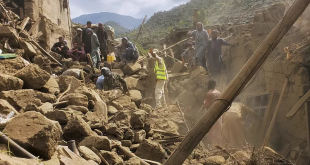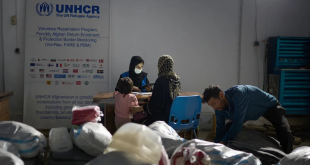KABUL — In a highly controversial move, the Trump administration has ordered Afghan refugees who entered the U.S. after the Taliban’s 2021 takeover to leave the country within seven days or face deportation. The directive, issued by the U.S. Department of Homeland Security, applies to thousands of Afghans, many of whom risk facing persecution or even death if returned to Taliban-controlled Afghanistan.
The order, first reported by Newsweek, demands that Afghan refugees residing in states such as North Carolina comply or face severe legal penalties, including potential deportation. For many of those affected, the prospect of return is deeply unsettling. An anonymous Afghan migrant told local broadcaster WRAL: “If we go back to Afghanistan, we are not safe. It is like we are signing the suicide mission for ourselves.”
These refugees were granted entry into the U.S. under humanitarian parole, Special Immigrant Visas (SIVs), or Temporary Protected Status (TPS) after helping U.S. forces during the 20-year war in Afghanistan. Their roles included serving as translators, intelligence gatherers, and facilitators of crucial relations with local tribes, often risking their lives to avoid Taliban retribution.
The move to remove TPS protections marks a significant policy shift under the Trump administration’s second term, which has vowed to crackdown on immigration, particularly targeting individuals deemed “criminal offenders.” However, critics argue that many of the Afghans affected by this decision were U.S. allies who served with distinction and should be granted asylum, not deported to a country where their safety is far from guaranteed.
The U.S. Congress has acknowledged the resettlement of nearly 150,000 Afghans between August 2021 and August 2024, many of whom are now facing uncertain futures. Human rights advocates have condemned the forcible deportation plans, calling it inhumane and disrespectful to those who risked their lives for U.S. forces. Critics warn that such actions could have far-reaching implications for future U.S. engagement with local allies in global conflicts, making it even harder to gain the trust of potential partners.
As the deadline for departure looms, there is mounting concern over the fate of Afghan families who may be forced to return to a regime that has been widely criticized for its human rights abuses, particularly against women and political dissidents.
 Afghanistan Times
Afghanistan Times




